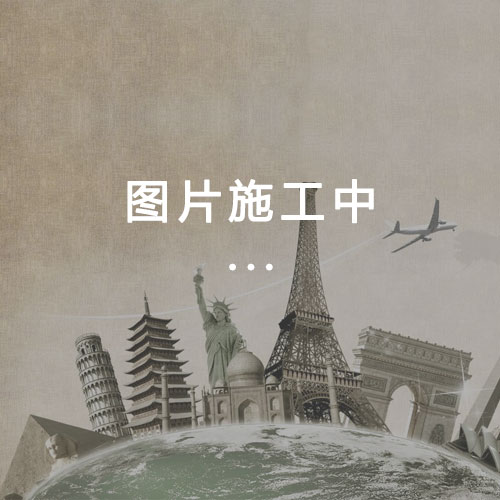

japanese american resource center/museum
景点介绍
The Japanese American Museum of San Jose's (JAMsj)mission is to collect...
景点印象
LeaveNothing
1942年美国在珍珠港事件后把几万日裔强行迁徙到集中营管理,这个博物馆主要记述这段历史以及日裔的抗争。5美元门票,1楼展览,女儿节等日本节日有特殊展出,2楼是手工艺活动室,适合小朋友
BorninSanJoseCA
I may be biased since I live in San Jose, but the Japanese American Museum of San Jose (no longer called the Japanese American Resource Center) is worth visiting. Open 12 noon to 4 pm, Thursday through Sunday, it will give you a good idea of the long history of Japantown, World War II internment camps, contributions of Japanese Americans in agriculture in the area, and more. Also take a walk around present day Japantown, one of only three surviving Japantown's in U.S. There are some good and reasonably priced restaurants also.
pigeoneer
By understanding our "roots" do we become more grounded. We must accept the reality that we are all from a different cultural source, and collectively as diverse cultures of skin color, language, food and behaviors mingle and interact daily. Resource Centers should be created for regional demographics and supported by our State and County and City school districts. This is aptly named a Resource Center and it contains information about the Japanese people's history and participation in developing and sustaining their continuing growth in building a stronger nation and supporting their cultural heritage. This center is jammed pack of history and could take time to absorb. There are docents on hand for your questions. It is located in the now called Japantown with one of the largest Buddhist temples in this hemisphere. The neighborhood has quite a history all within walking distance. The Filipino people had its original roots here as with a second location for the Chinese populace and I believe the first Afro American church is still here. When you come to San Jose this area is worth a visit.
genek517
Great little museum presenting the Japanese American history of the San Jose area. Docent tours of Japan Town are available, Small fee for entry, I think it is $8.
creason
Honestly, I've never known much about this until George Takei became viral - how sad is that!? Being of Japanese American decent and an army brat, I learned so much about my heritage and what happened during the WWII internment. There is a small fee charged. The guides are extremely knowledgeable, some are direct descendants of the interned. The exhibits are fascinating. StrangelyThis Japantown is one of only 3 in the country, and the only one in it's original location. Many of the others got trashed/burned and relocated, often within walled areas for protection! This one was preserved due to the many generous American counterparts sympathetic to the victims - they paid the rents/mortgages while they were interned so as not to lose their properties! Loved this special place and highly recommend it, very different from San Fran and better on some fronts!
828TJA
This museum in the Nihonmachi (Japantown) section of San Jose begins with the first Japanese settlers to the area and leads to the present. The focus, however, is on the mistreatment they received during World War II. With photos and words they describe in detail what these imprisoned American citizens endured in confinement in each of the incarceration facilities throughout the USA. At the back of the museum is a simulated barracks showing what their primitive housing was like. Although the museum isn't large it evoked a powerful sense of life during those times. This is well worth a visit.The friendly, helpful staff was glad to answer questions.The museum parking lot is small and on-street parking is mostly used by people living in the surrounding houses, so visitors may need to walk a few minutes from where ever they park.
mtkat
Located in San Jose's Japan Town, this a small but well-curated museum that contains many artifacts and memories from families from the Bay Area. It addresses but does not focus on the incarceration of the Japanese-American community during WWII. The importance of agriculture in the Santa Clara valley is part of the exhibit as well as different aspects of the community such as the sports teams, the Japanese American churches, etc. A small gift shop is part of the museum where many books on the Japanese American community can be purchased. Many of these books are not widely available. They also have cute kitschy little items such as a Sumo Rubber Ducky. Make this part of a day trip to Japan Town which has lots of restaurants and interesting shops.
